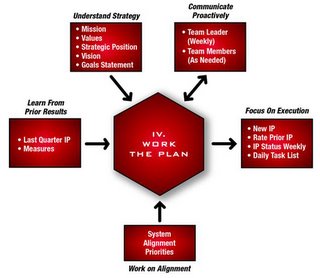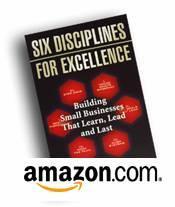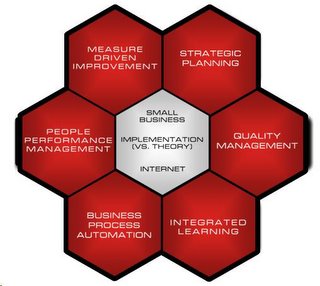For those of us who cover Microsoft news, their most
recent unveiling of Microsoft Windows Live and Office Live reveals not only new direction, new opportunities, and new markets for the software giant, it also reveals lessons in strategic planning and alignment.
When top execs at Microsoft craft key memos, things happen. Before the Microsoft "Live" announcement, Gates published in December of 1995 his now famous "Internet Tidal Wave" memo to the company, which ultimately (in fairly quick order....) described how the internet was going to forever change the landscape of computing, and ultimately changed the strategic direction of the organization.
With the Microsoft Live announcement, two key executive memos were made public on November 1 that give you insight into the strategic planning and alignment thinking within Microsoft.
First, is
the Gates memo, where he informs Microsoft execs and team members that "the next sea change is upon us." In the memo he describes the need to shift to software as services model, the opportunities and implications of doing so - and, ramifications of
NOT doing so.
Second, and perhaps even more insightful, is
the Ray Ozzie memo. (For those of you not tracking Microsoft, Ozzie was the creator of Lotus Notes, now working as Chief Technology Advisor to Gates). Ozzie's assertions provide complementary content and depth to Gates' memo, and offers additional strategic implications of the need for change.
BOTTOMLINE: Late to the party as some analysts say? Perhaps. Better late than not changing direction. While your business may (or may not) become the next Microsoft, there are key strategic planning and alignment lessons to be learned from these memos. Read them - and read between the lines, as you put yourself and your business, in the same relative position. What is happening in your business? What shifts in competitive landscapes are occuring? What does your business need to do -- to be an organization that can Learn, Lead....and Last?











